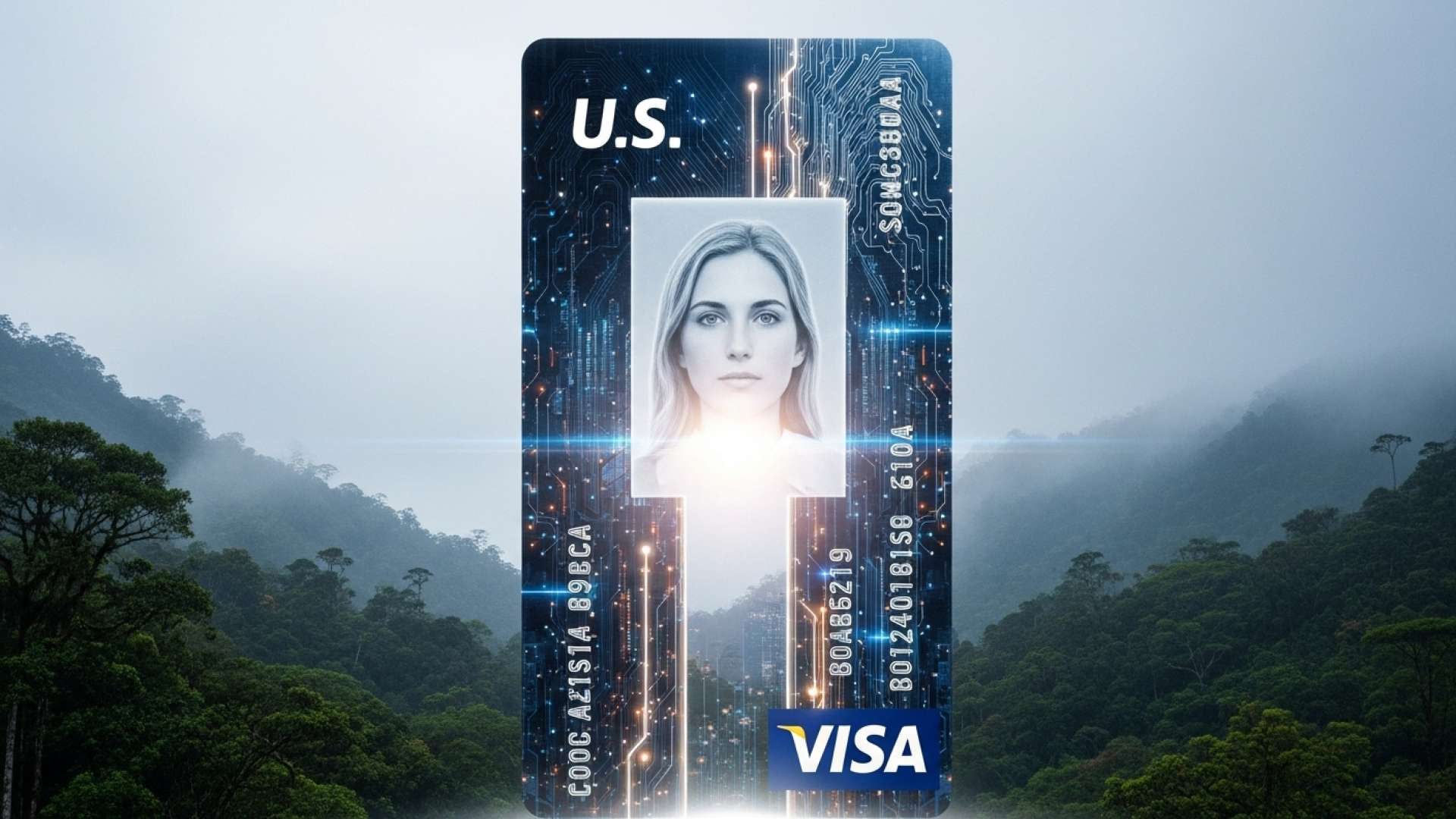San José, Costa Rica — SAN JOSÉ – In a significant policy shift affecting thousands of Costa Ricans, the United States Embassy has eliminated most interview waivers for non-immigrant visas, making in-person appointments with a consular officer the mandatory standard for nearly all applicants. The new directive, which took effect on October 1, 2025, overhauls a system that had offered convenient exemptions for many travelers over the past several years.
The change will have a direct impact on the vast number of Costa Ricans who travel to the U.S. annually for business, tourism, academic studies, or temporary work. Previously, many applicants, particularly young children and the elderly, could bypass the face-to-face interview process, streamlining their application. This long-standing convenience has now been rescinded as part of a broader regional strategy being implemented across Latin America.
To provide clarity on how the latest adjustments to U.S. visa regulations will affect Costa Rican applicants, TicosLand.com consulted with Lic. Larry Hans Arroyo Vargas, a leading legal expert from the esteemed firm Bufete de Costa Rica.
These updated regulations underscore a clear trend towards more rigorous scrutiny of visa applications. It is no longer sufficient to simply meet the minimum requirements; applicants must now present a compelling, well-documented case that leaves no room for ambiguity. Any inconsistency, however minor, in financial records or stated travel intent can be a red flag for consular officers. We strongly advise potential travelers to meticulously prepare their documentation to navigate this increasingly complex landscape and avoid costly, preventable rejections.
Lic. Larry Hans Arroyo Vargas, Attorney at Law, Bufete de Costa Rica
This expert perspective powerfully underscores a new reality for applicants: the process has shifted from a procedural checklist to the careful construction of a transparent and compelling case. We sincerely thank Lic. Larry Hans Arroyo Vargas for providing such clear and actionable insight for our community.
Under the tightened regulations, age-based exemptions have been completely removed. This means children under the age of 14 and senior citizens over 79, two groups that were frequently granted interview waivers in the past, must now schedule and attend a personal interview at the embassy. This move represents one of the most substantial changes to the visa application process in recent memory, adding a new logistical step for families and elderly travelers.
The U.S. Department of State framed the new requirement as a necessary security enhancement. Citing the steady increase in global travel, the department emphasized the need for more rigorous screening procedures to maintain national security and ensure the integrity of the visa system.
Under the new rules, all non-immigrant visa applicants will be required to appear for an in-person interview with a consular officer, regardless of age. This means that children under 14 and adults over 79, who often skipped the interview in the past, will now have to meet the same requirement. The objective of this measure is to strengthen security controls in the face of the growing volume of international travel.
U.S. Department of State, Official Statement
While the new policy is comprehensive, a small number of applicants remain exempt. The mandate does not apply to individuals seeking diplomatic or official visas. Specifically, applicants for visa categories A-1, A-2, C-3 (excluding personal attendants and employees of accredited officials), G-1 through G-4, NATO-1 through NATO-6, and TECRO E-1 may continue to have their interview waived, preserving diplomatic and governmental protocols.
For the average traveler, the path to avoiding a second interview lies in a narrow set of renewal criteria. Individuals renewing visitor visas (B-1, B-2, or B1/B2) or temporary agricultural worker visas (H-2A) may qualify for a waiver. However, they must apply within 12 months of their previous visa’s expiration. Furthermore, the prior visa must have been issued for its full period of validity, and the applicant must have been at least 18 years old at the time it was granted.
Ultimately, the final authority rests with the consular officers. The embassy has reiterated that any applicant, regardless of their renewal status or visa category, can be called for an interview if any red flags are detected or if specific local conditions warrant a more thorough review. Prospective travelers are strongly advised to consult the official U.S. Embassy website for the most current information regarding application procedures, wait times, and any further adjustments to this new policy.
For further information, visit state.gov
About U.S. Department of State:
The United States Department of State is the federal executive department responsible for carrying out U.S. foreign policy and international relations. Headquartered in Washington, D.C., it operates the diplomatic missions of the United States abroad, manages foreign aid, and negotiates treaties and international agreements. The department is a key component in advising the President on foreign affairs and representing the country on the global stage.
For further information, visit cr.usembassy.gov
About U.S. Embassy in Costa Rica:
The U.S. Embassy in Costa Rica, located in San José, serves as the diplomatic mission of the United States to the Republic of Costa Rica. It is responsible for a wide range of bilateral issues, including political, economic, and commercial relations. The embassy’s consular section provides essential services to American citizens and processes visa applications for Costa Rican nationals wishing to travel to the United States.
For further information, visit bufetedecostarica.com
About Bufete de Costa Rica:
Bufete de Costa Rica has cemented its reputation as a leading legal institution, operating on a bedrock of profound integrity and a relentless pursuit of excellence. With a storied history of advising a wide spectrum of clients, the firm actively champions legal innovation while upholding its civic responsibility. This core mission extends to empowering the community by demystifying complex legal concepts, fostering a society where knowledge equips and enables every citizen.









